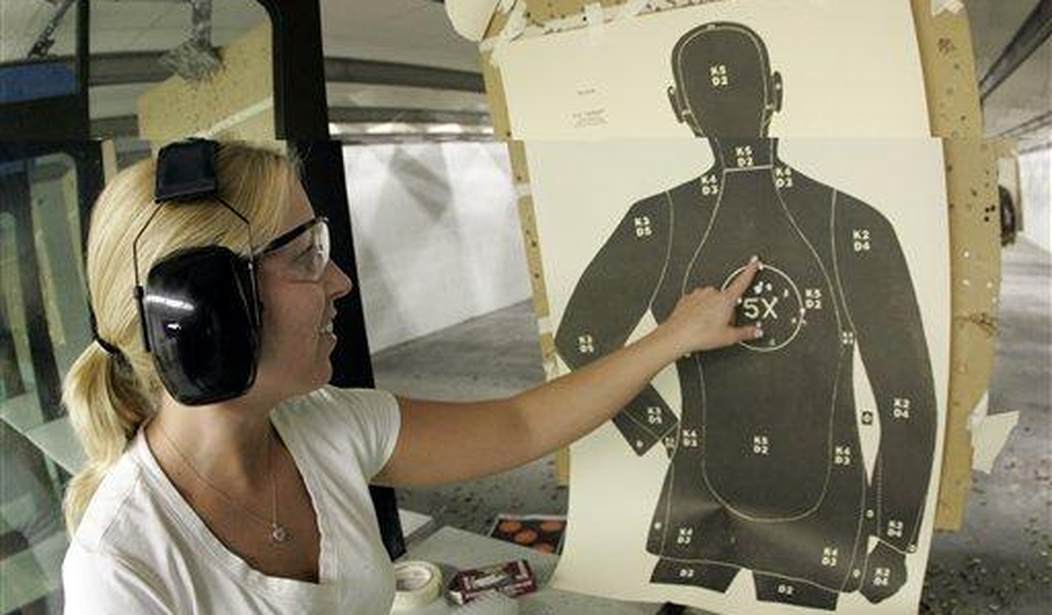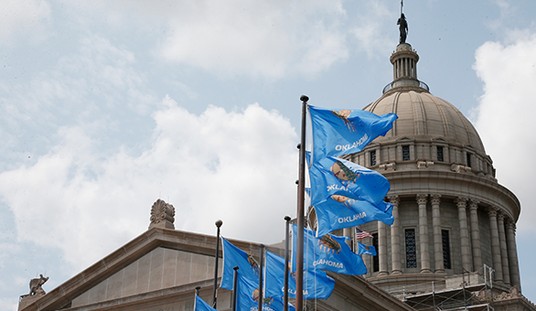Thanks to the Supreme Court’s ruling in New York State Rifle & Pistol Association v. Bruen last week, California’s “good cause” requirement for concealed carry applicants is going away, but the state’s Attorney General has seized on another provision in state law that’s (so far) unaffected by the Bruen decision; providing proof of “good moral character.”
In guidance sent out to California law enforcement shortly after the Bruen decision was handed down, AG Rob Bonta reminded issuing authorities of the “good moral character” clause, and as UCLA law professor Eugene Volokh points out, appears to endorse an ideological test for those wanting to exercise their Second Amendment right to carry a firearm in self-defense. Here’s what Bonta said:
Existing public-carry policies of local law enforcement agencies across the state provide helpful examples of how to apply the “good moral character” requirement. The Sacramento County Sheriff’s Office, for example, currently identifies several potential reasons why a public-carry license may be denied (or revoked), which include “[a]ny arrest in the last 5 years, regardless of the disposition” or “[a]ny conviction in the last 7 years.” It is reasonable to consider such factors in evaluating an applicant’s proof of the requisite moral character to safely carry firearms in public. See, e.g., Bruen (referencing “law-abiding citizens”).
Other jurisdictions list the personal characteristics one reasonably expects of candidates for a public-carry license who do not pose a danger to themselves or others. The Riverside County Sheriff’s Department’s policy, for example, currently provides as follows: “Legal judgments of good moral character can include consideration of honesty, trustworthiness, diligence, reliability, respect for the law, integrity, candor, discretion, observance of fiduciary duty, respect for the rights of others, absence of hatred and racism, fiscal stability, profession-specific criteria such as pledging to honor the constitution and uphold the law, and the absence of criminal conviction.” [Emphasis added.]
Bonta says issuing authorities in the state can not only personal references from applicants, but can scour their social media pages looking for anything that they can point to as a basis of denial. Volokh says the whole scheme sounds unconstitutional to him; not just as a violation of the Second Amendment rights of Californians, but as an infringement on their First Amendment rights as well.
The government can’t restrict ordinary citizens’ actions—much less their constitutionally protected actions—based on the viewpoints that they express. People can’t be denied benefits because they
- endorse “hatred” (a potentially extraordinarily broad and vague term) and “racism” (a term that, especially in much recent usage, is likewise highly broad and vague),
- because they endorse certain extremist views of Islam (or any other religion),
- because they endorse violent Communist revolution,
- are strongly anti-police,
- anti-government,
- anti-abortion,
- pro-abortion-rights,
- environmentalist, or
- pro-animal-rights.
Nor does it matter that some extreme adherents of the relevant ideology engage in violence (something that’s true for many ideologies), or that there are strands in the ideology that overtly support violence under some circumstances (again, something that’s true for many ideologies). Just as the Free Exercise Clause would bar the government from engaging in religious discrimination in deciding which citizens can do certain things, so the Free Speech Clause bars the government from engaging in viewpoint discrimination. (The rules related to religious discrimination and viewpoint discrimination may be different when the government is acting as employer, but here we’re talking about the government controlling the behavior of ordinary citizens.)
And of course it’s easy to see how, if California were allowed to deny concealed carry licenses to whoever California law enforcement officials believe is “racis[t]” or endorses “hatred,” then some other state could deny such licenses—or lots of other kinds of licenses—to whoever its law enforcement officials believe is anti-government or anti-police or a Muslim extremist or what have you. Indeed, now that some states can ban abortion, presumably strong support of abortion rights might be seen in many states as lack of “good character” (since in those states’ views, it would be support for mass murder). The First Amendment doesn’t allow this.
I don’t think the Bruen decision allows for this kind of subjectivity either, to be honest, though it will likely take another legal challenge to curb California’s enthusiasm for violating the rights of its residents. While Justice Thomas’ opinion didn’t cast doubt on “suitability” requirements as they are practiced in three states, he did make it clear that any policy that has the effect of depriving the average law-abiding citizen from being able to carry a firearm in most places for the purposes of self-defense is a violation of their Second Amendment rights, writing “because any permitting scheme can be put toward abusive ends, we do not rule out constitutional challenges to shall-issue regimes where, for example, lengthy wait times in processing license applications or exorbitant fees deny ordinary citizens their right to public carry,”
Volokh says that, in practice, he doesn’t anticipate California’s “good moral character” clause leading to a high number of denials. I applaud him for his optimism, but I’m not convinced that will be the case, at least in population-rich counties around Los Angeles and San Francisco, which have typically had the lowest numbers of concealed handgun permits per capita. In those jurisdictions hostile to the Second Amendment, there will unfortunately be sheriffs and police chiefs who embrace Bonta’s new guidance with the intention of artificially suppressing the number of concealed carry holders in their county or city. That, of course, would squarely contradict the Bruen decision and would be challenged in court, but it could also very well delay the real world impact of the case for the tens of millions of Americans who live in the states that just had their “may issue” laws struck down.









Join the conversation as a VIP Member